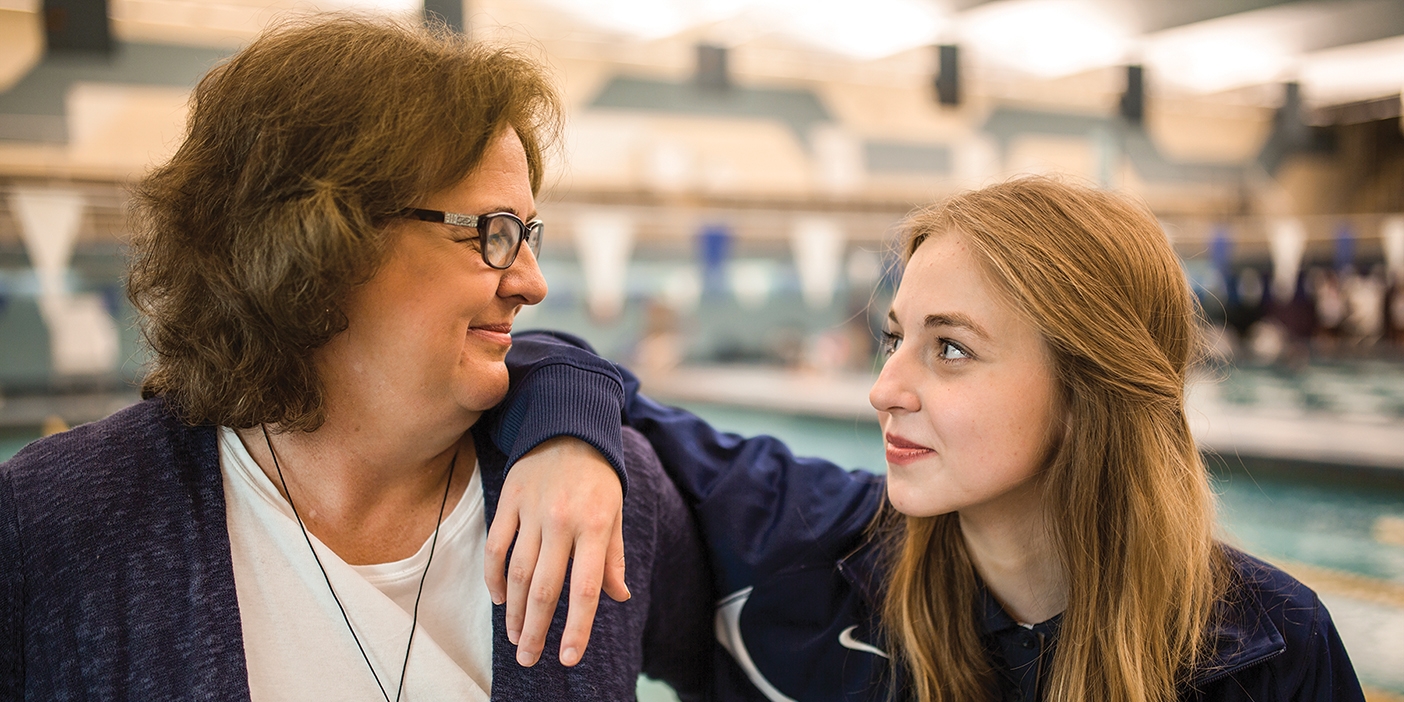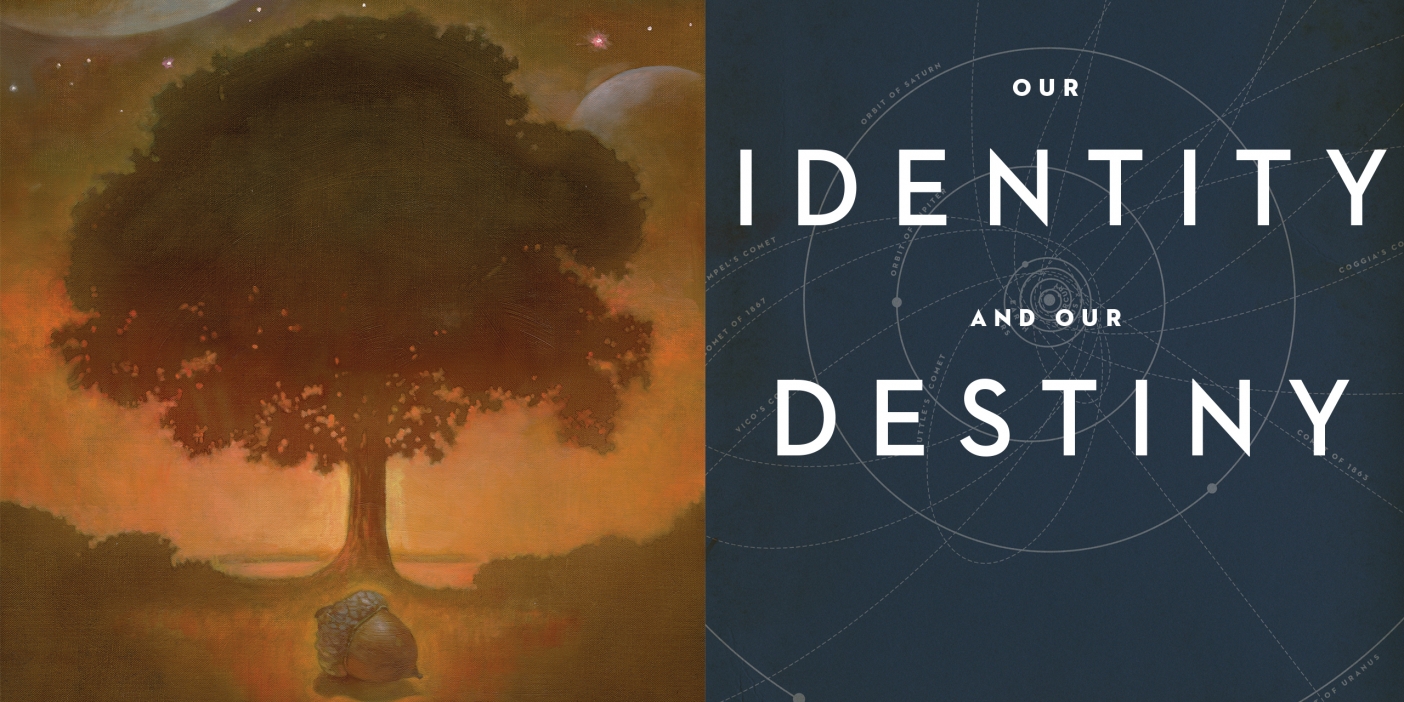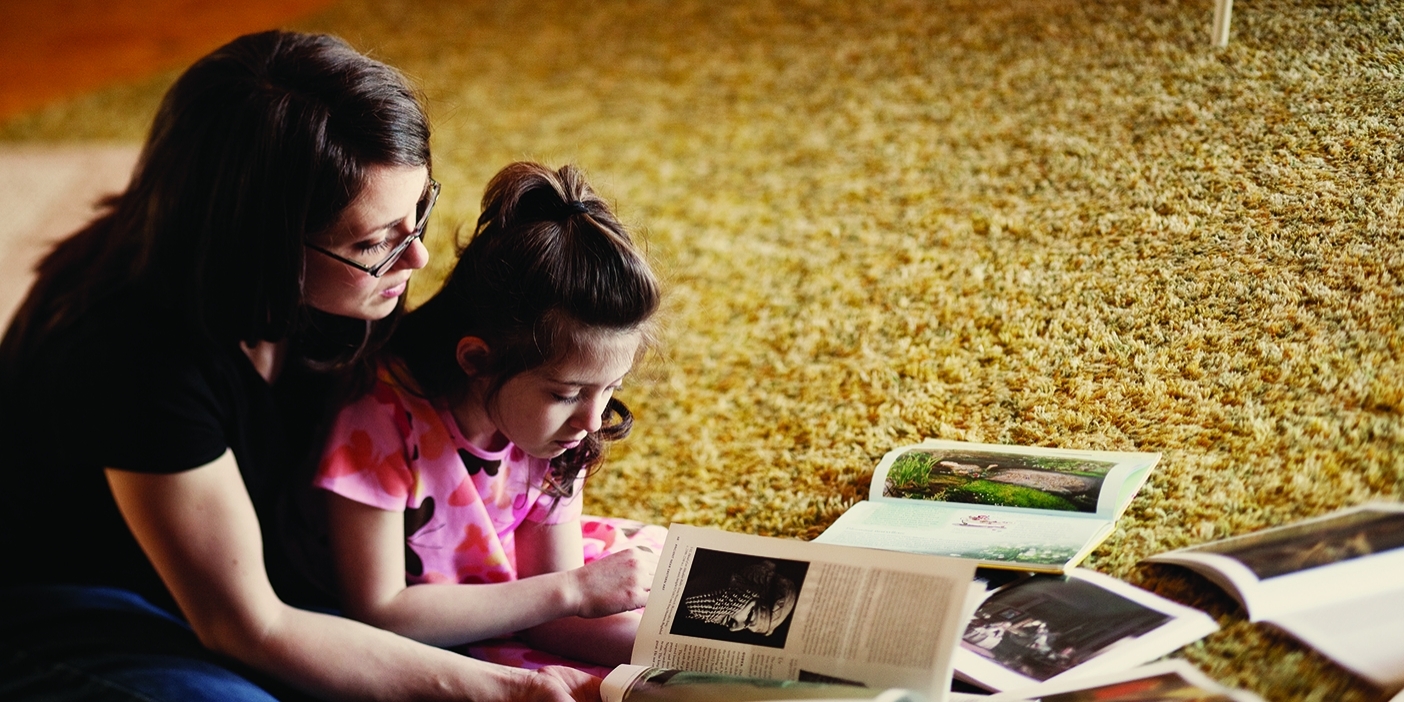The insult stung because she didn’t know.
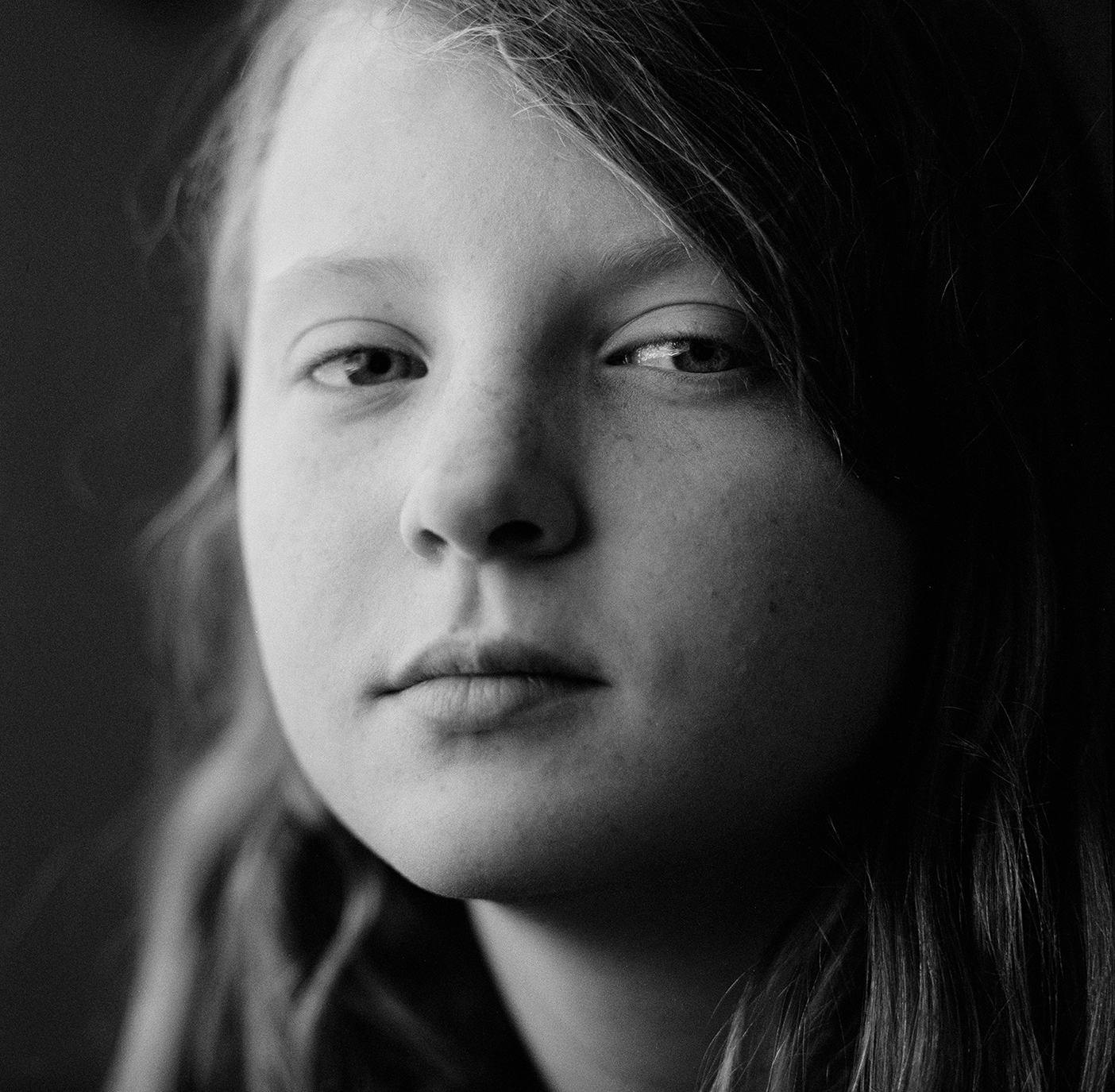
My son came stomping in from the garden, demanding I punish his sister for throwing dirt in his hair. Figuring there was more to the story, I sent for my daughter, who arrived sobbing and screeching.
Apparently, my son had said she was in first grade.
She was so sincerely angry that I managed not to laugh at the grave insult. She alternately yelled and cried, and it took me a while to learn that, yes, she had thrown dirt on his head because he knows perfectly well she has finished second grade.
I calmed her, muscling the corners of my mouth downward to look serious. That became easier when my daughter verbalized why the insult stung: saying she is in first grade means she is stupid. He was calling her stupid. We do not say that in our family.
Every once in a while, I have a good mothering moment. It usually happens when I put aside my natural instinct to snap or scoff or blurt out an unsympathetic opinion such as “Well, that’s silly. You’re in second grade. Go back to the garden.” But this time I hesitated and felt words form around an idea.
“Sweetie. You are stupid.”
“Honey, I want you to shut your eyes and keep breathing slow. You need to listen in your mind . . .”—and I tapped her forehead—“. . . and in your heart”— I tapped her chest. I told her that I was going to say something and that she would be able to tell if it was true if she was peaceful and listened to what her heart knows and what the Spirit tells her.
She shut her eyes, and I whispered (just work with me for a moment), “Sweetie. You are stupid.”
She sat quietly for perhaps 10 or 15 seconds, then her eyes flew open, clear and wide, and she announced without a hint of uncertainty, “No. No, I am not.”
I hugged her and said I knew she was right. “Do you want to see if it will work again?” At her nod, I said, “Shut your eyes,” and then—just audibly—voiced, “You could be working a little harder in the garden.”
She paused. When she opened her eyes, she looked straight at me, then ducked her head. “Mom, that is true. I’m sorry.” And—without pouting or back talking—she turned and skipped back to the garden and her bean row.
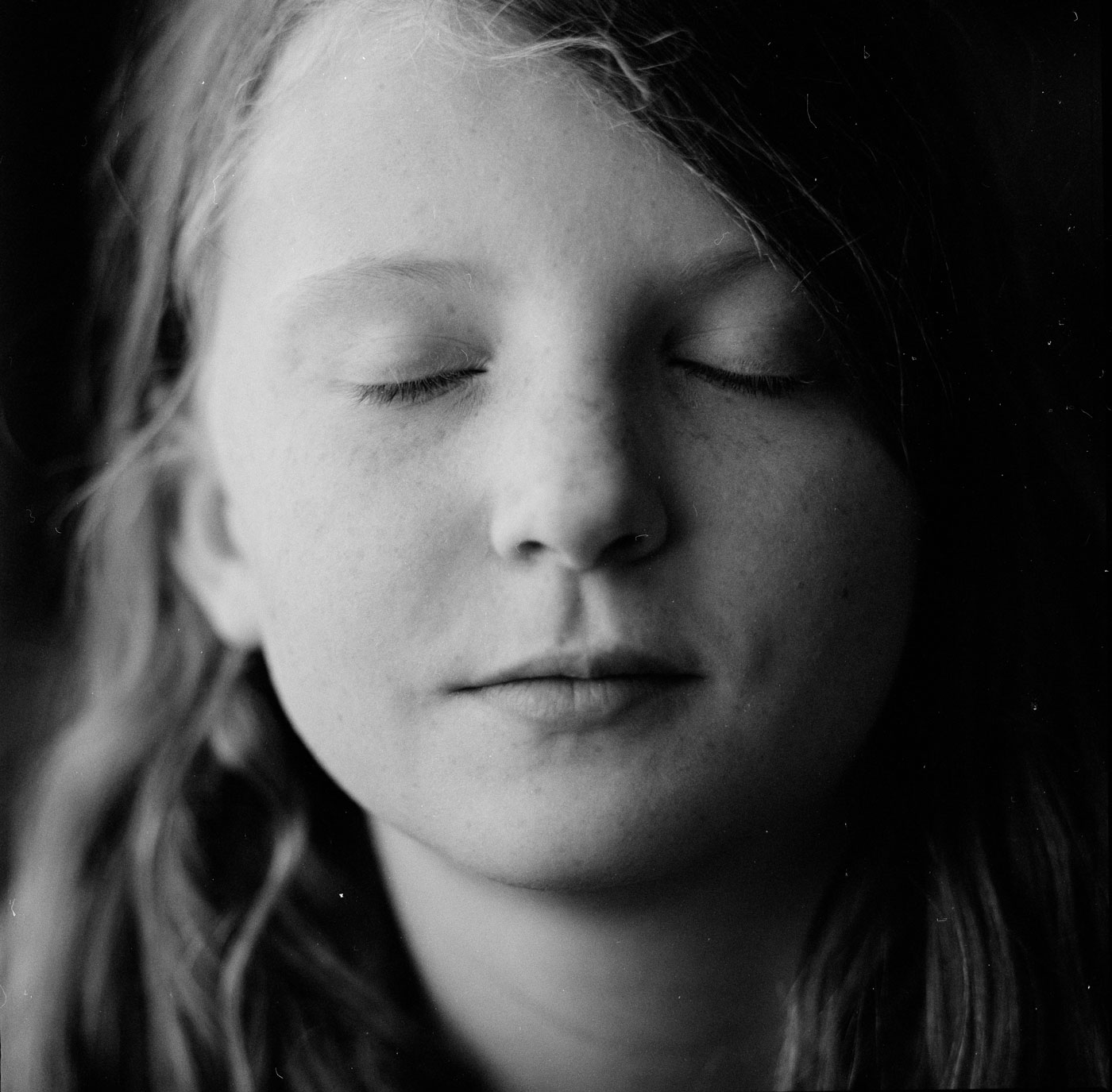
I have wondered for years about the Spirit testifying of all truth. While I wearied the Lord in college, begging Him to help me remember what I studied, I never considered praying about the truth of the Pythagorean theorem, about the best location for my thesis statement, or about whether the Federalist Papers were inspired. And I certainly never thought, “Maybe I should pray to know if what so-and-so said about me is true.”
But as I watched my daughter pinch weeds next to our bean plants, I realized I have done this for years. Without putting words to the process, I instinctively check on the truth of what others tell me. Of course, criticism still hurts and empty praise still gratifies my pride, but not as much.
When my daughter got to the end of her row, she turned and waved at me, dirt flying off her hands. Some truths are critical, and perhaps they can be known in a saving- to-the-bones way only from the inside out. I can insist daily that my daughter is beautiful, strong, good, smart—and watch that cushion of mother-love be undone all too quickly by middle-school mean girls or teasing brothers. But when she knew her own truth, my daughter’s face set securely, her eyes turned bright and cloudless, and power rang in her voice.
She is not stupid. And she knows it.










